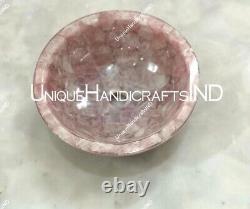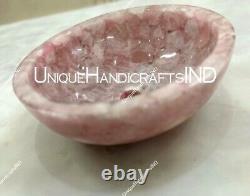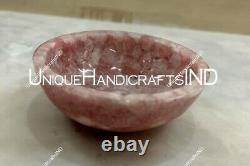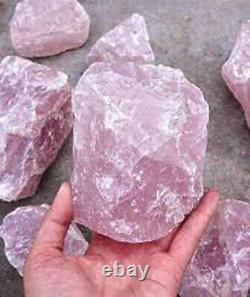
- Index
- Brand
- Item Height
- Item Length
- Item Width
- Style
- Type
- Backwash Unit (20)
- Basin (160)
- Bathroom Sink Faucet (9)
- Bathroom Sinks (4)
- Bowl / Basin (6)
- Countertop (29)
- Decorative Sink (4)
- Drop-in / Top Mount (3)
- Hand Wash Basin (7)
- Hand Wash Basin Sink (98)
- Kitchen Faucet (7)
- Kitchen Sink (28)
- Laundry Sink (5)
- Laundry Tub (163)
- Shampoo Basin (7)
- Sink (62)
- Universal (3)
- Vessel (19)
- Wash Basin (7)
- Wash Basin Sink (4)
- ... (713)
Quartz farmhouse sink, Hand Carved Vessel Sink, Vanity Bathroom Sink, wash basin












Used Material: Natural agate stone & handmade arts. Size: 16"x16" x5 Inches. Can be customize, Please message your desired size.
Agate is a rock consisting primarily of crypto crystalline silica, chiefly chalcedony, alternating with micro granular quartz. It is characterized by its fineness of grain and variety of color. Although agates may be found in various kinds of host rock, they are classically associated with volcanic rocks and can be common in certain metamorphic rocks. Ancient use of agate stone. Agate is one of the most common materials used in the art of hard stone carving, and has been recovered at a number of ancient sites, indicating its widespread use in the ancient world; for example, archaeological recovery at the Knossos site on Crete illustrates its role in Bronze Age Minoan culture.
This is the most common and distinctive type of agate. In these agates, bands crystallized into. Concentric layers that more or less follow the shape of the cavity. The banding resembles an aerial view.
Water-Line Agate (also called water-level or onyx). During its formation, silica-rich solution either entered the cavity slowly laying one band at a time. Excess water drained out leaving a small amount of silica to settle out into separate bands, or the vesicle. In any case, the silica crystallization in water-level agates is controlled by.Gravity in one orientation, forming a stack up of parallel bands. Some agates exhibit a shadow effect in which there is what appears to be movement across the agate. Layers when the specimen is rocked back and forth (or your orientation to the specimen moves).
Optical effect only occurs when there are alternating translucent and opaque bands. Light goes into the agate, but is not reflected out. Tube Agate During the formation of some agates, parallel projections of tiny hair-thin mineral rods grow. First within the silica gel, around which later the chalcedony agate micro-crystals form. The inclusions remain, but sometimes they weather away leaving hollow tubes that subsequently fill in.
This mysterious agate characteristic is believed to be formed when most of the silica gel drains from the. Cavity, leaving only a droplet that "beads up" on the inside wall of the cavity. In some cases, crystal growth will continue from this droplet in a manner similar. To the formation of stalactites in caves. Later, the pocket fills in with the usual deposition of chalcedony.These agates initially had formations on their outside layer that formed prior to the deposition of. They are filament growths of mineral inclusions that resemble ferns or feathers.
Geode Agate In some cases the supply of silica-rich water runs out before the entire cavity fills in. There is a hollow center within a crystalline outer fill, the specimen is considered a geode. Have agate banding, but many do. Also, the inner layers can form into several different types of silica. Mineral crystals and may even have other types of mineral crystals.Moss Agate Moss agates have clusters of mineral inclusions that resemble plants, trees, or landscapes. Most moss agate inclusions are comprised of iron or manganese oxide. In some cases, the inclusions. Inhibit chalcedony banding allowing the mineral clusters free reign to grow within the silica gel. Seam agates for in cracks within host rock, rather than in rounder pockets.
The bands form in parallel. Rows that follow and fill in the crack or seam. It can be used as a Stone Sink for Bathroom/Kitchen With Best Price. Sink is available in all the possible and in latest designs, which are hard to fin somewhere else.
The stone Sink is made in Agra India & fully handmade. The parcel is dispatch with proper packing & fully insured covering all kind of risk. If You Are Looking Something Customize, Let Us Know We Will Make For You As Per Your Design, Size & Shape.
